July 28, 2025 | 16:43 GMT +7
July 28, 2025 | 16:43 GMT +7
Hotline: 0913.378.918
July 28, 2025 | 16:43 GMT +7
Hotline: 0913.378.918
On July 28, 2025, in Hanoi, the Ministry of Agriculture and Environment, in collaboration with French Agricultural Research Centre for International Development (CIRAD) and other national and international partners, convened the inaugural meeting of the Technical Working Group on “Research to Policy” (R2P) under the One Health Partnership Framework for Viet Nam (OHP Viet Nam).
The event brought together representatives from various ministries and agencies (Ministry of Health, Ministry of Agriculture and Environment, research institutes, provincial Departments of Agriculture and Health), development partners (FAO, EU, ILRI, UNDP, IUCN, CIRAD, FHI360, OCRU...), associations (Viet Nam Veterinary Association, VAWA), and the private sector.
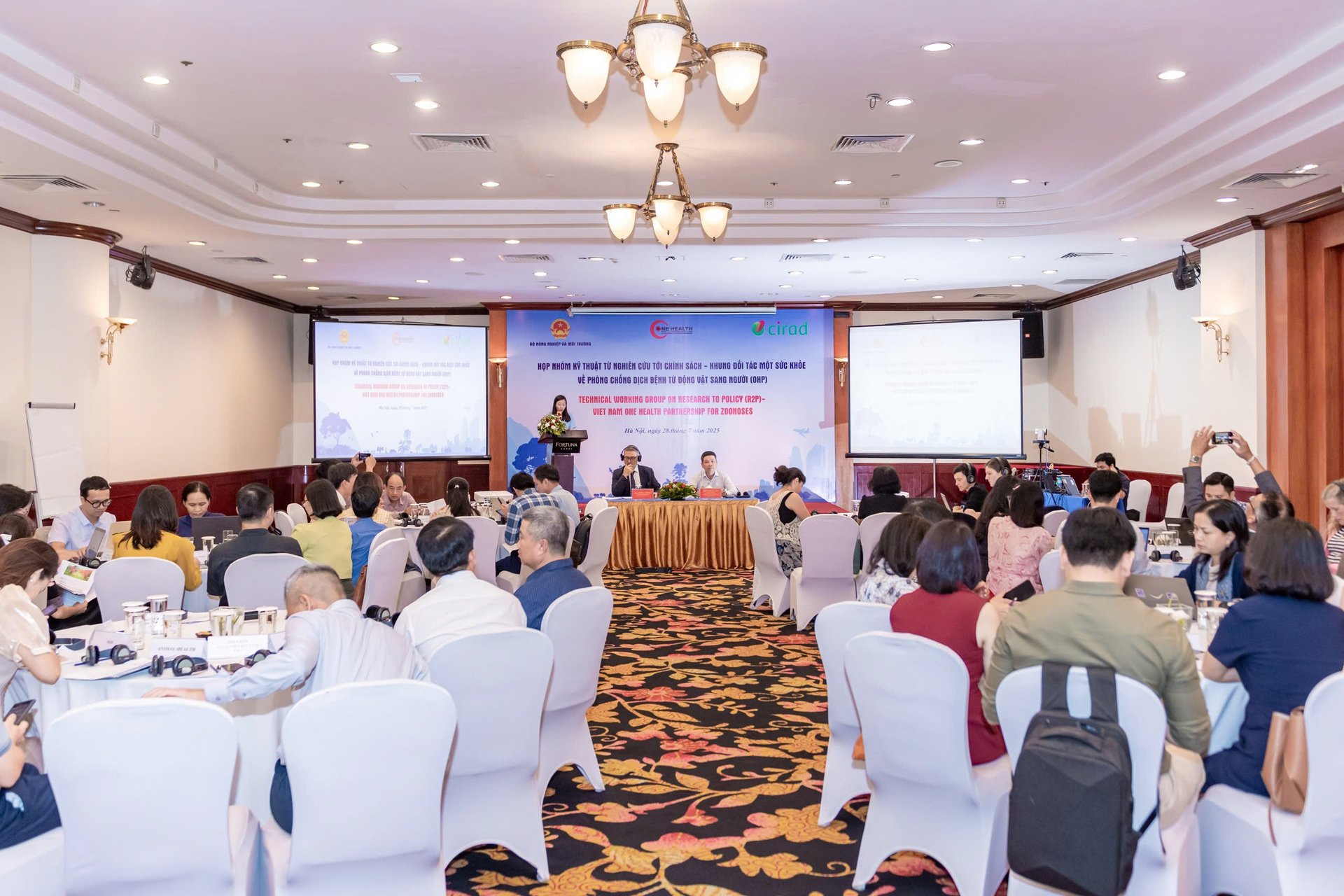
On July 28, in Hanoi, the Ministry of Agriculture and Environment, in collaboration with CIRAD and other national and international partners, convened the inaugural meeting of the Technical Working Group on “Research to Policy”. Photo: CIRAD.
At the conference, Mr. Vu Thanh Liem, Director General of MAE's International Cooperation Department and Lead of the One Health Partnership Secretariat, emphasized that in the context of ministerial restructuring and declining international resources, the establishment of the R2P Working Group is a strategic move to strengthen the connection between scientific research and policymaking. This ensures that policies are both evidence-based and grounded in practical realities.
The meeting also provided an opportunity for members of the Working Group to identify key priorities, develop a list of priority research topics within the One Health framework, compile a roster of relevant domestic and international partners, and outline a roadmap for implementing these priority activities.
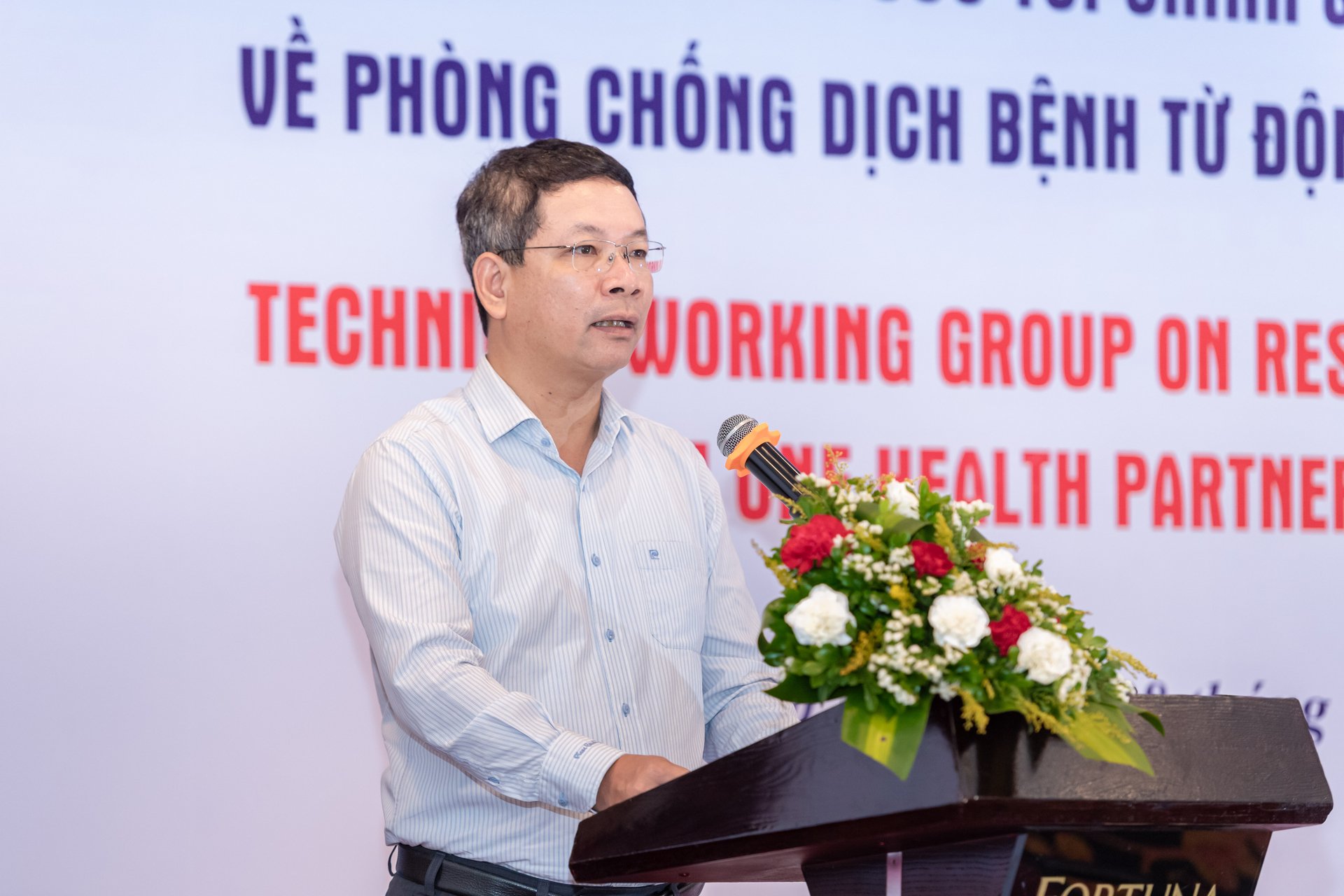
According to Mr. Vu Thanh Liem, Deputy Director General of the Department of International Cooperation, the R2P 2025 conference marks an important milestone in reaching consensus among stakeholders to promote dialogue between science and policy within the One Health framework. Photo: CIRAD.
According to Mr. François Roger, Regional Director of CIRAD for Mainland Southeast Asia, the challenges of the One Health initiative are inherently complex, involving multiple sectors with sometimes divergent objectives. In this context, applying the principles of the Science-Policy Interface (SPI), recently developed by the Food and Agriculture Organization (FAO), and combining them with CIRAD’s scientific and practical contributions, will help ensure that decision-making processes are based on robust scientific foundations. They will also reflect real-world experience and the perspectives of local communities, civil society organizations, and key stakeholders at the grassroots level.
"An integrated SPI model allows One Health platforms to serve as a space for meaningful dialogue between scientists and policymakers, enabling both sides to learn from one another. This collaborative learning process is essential for jointly shaping actionable and context-sensitive responses to pressing challenges such as zoonotic diseases, antimicrobial resistance, and the degradation of ecosystems", he emphasized.
Mr. Roger also affirmed CIRAD’s long-term commitment to supporting the newly established Technical Working Group (TWG) under the One Health Program. Over the next five years, CIRAD will contribute through a series of collaborative initiatives, including regional projects such as ASEACA and PREZODE, aimed at strengthening interdisciplinary research, enhancing local capacities, and fostering evidence-based policy development in the region.
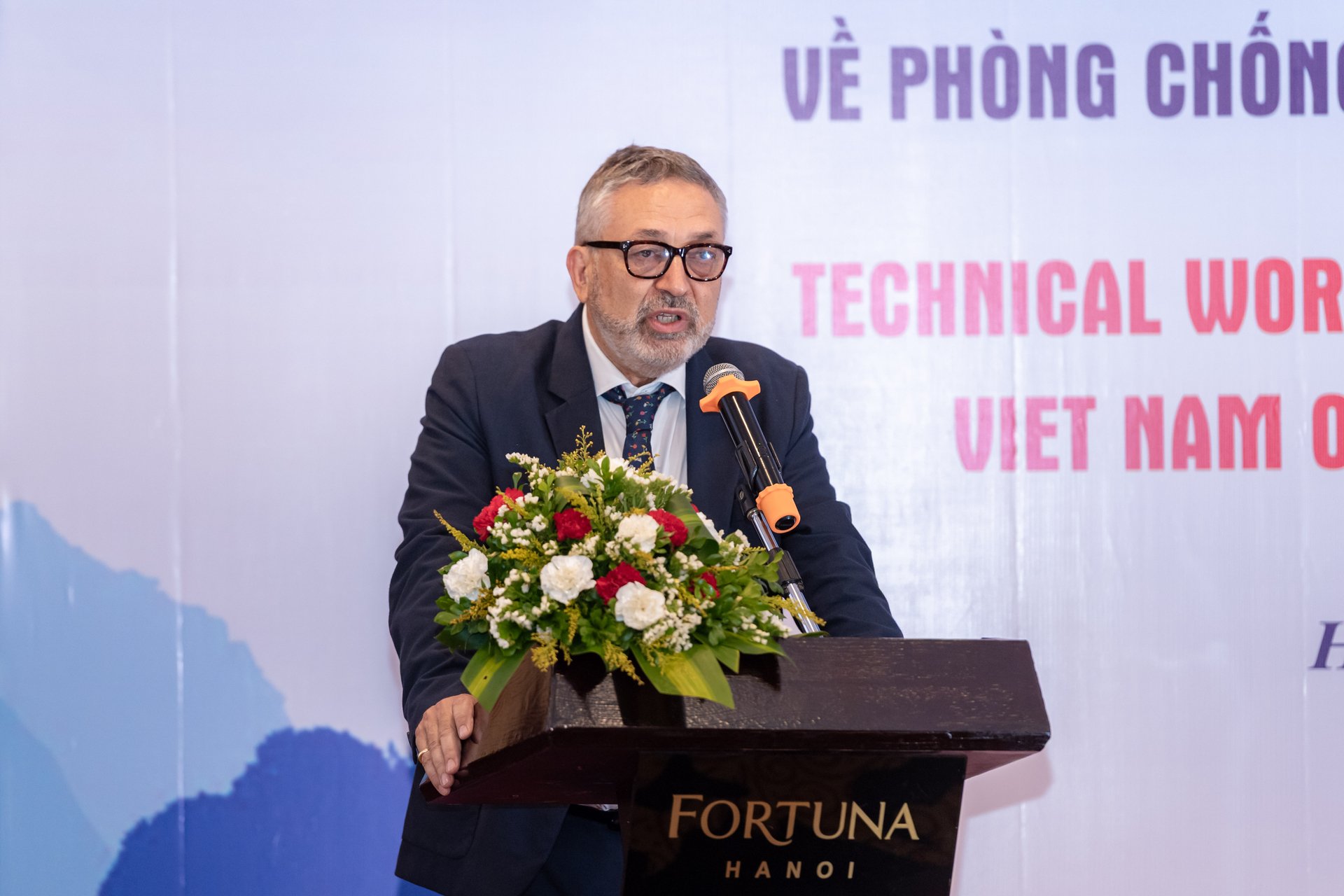
Mr. François Roger, CIRAD Regional Director for Mainland Southeast Asia, reaffirmed CIRAD’s commitment to providing technical and financial support over the next five years through initiatives such as ASEACA and PREZODE. Photo: CIRAD.
Based on this foundation, the working group has agreed to develop a five-year Action Plan grounded in the six core functions of the SPI mechanism. These functions include coordination, evidence generation, policy dialogue, stakeholder engagement, capacity building, and evaluation.
In addition, the group plans to establish a robust data-sharing platform to improve access to information across sectors and facilitate evidence-based decision-making. Members will also co-develop a prioritized research agenda, identifying key knowledge gaps and aligning future studies with the most pressing needs of policy development within the One Health framework.
Another strategic direction is to broaden international cooperation and actively encourage the participation of local communities and the private sector, those directly affected by health and environmental challenges and who play a critical role in ensuring the effective implementation of One Health policies.
The “Research to Policy” Technical Working Group is an intersectoral initiative designed to promote the use of scientific evidence in shaping policies related to human, animal, and environmental health under the One Health approach. It contributes to addressing critical challenges such as disease emergence, ecosystem degradation, and antimicrobial resistance.
Translated by Phuong Linh
![Opening the hairy crab farming industry: [1] Export-oriented goal](https://t.ex-cdn.com/nongnghiepmoitruong.vn/608w/files/nghienmx/2025/07/28/1401-dsc_6622_1-213052_815.jpg)
(VAN) The farmgate price of hairy crab ranges from VND 360,000 to VND 420,000 per kilogram, depending on size, while investment costs account for about 40–45%.

(VAN) Relations between French retailers and the producers of the eggs they sell are once again boiling over.
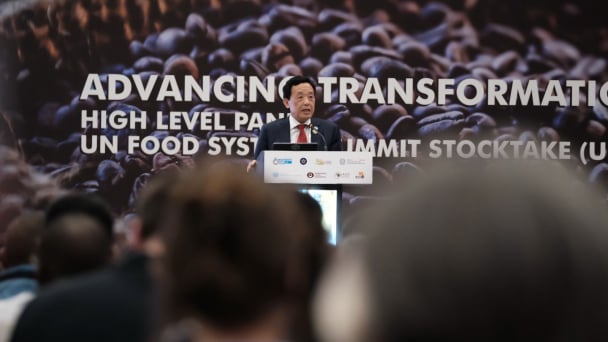
(VAN) At UNFSS+4 event, QU Dongyu points to the need to provide justice, dignity and a better future for smallholder farmers.

(VAN) A baby elephant recently recorded by the camera trap system in Da Nang City is a positive sign for the conservation efforts of this rare animal species.
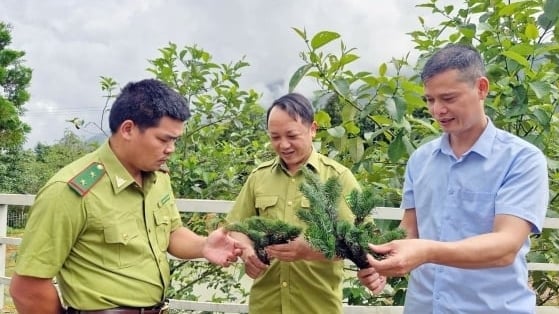
(VAN) The Management Board of the Bat Xat Nature Reserve has recently recorded a rare population of Fansipan fir trees in sub-area 120, located in Muong Hum commune, Lao Cai province.
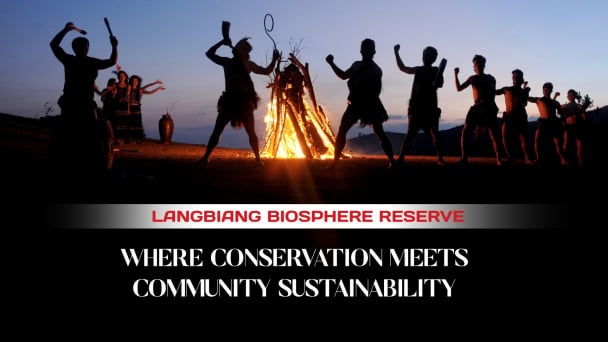
(VAN) Vietnam's Langbiang World Biosphere Reserve is not only a spectacular natural landscape but also a living archive of biodiversity and traditional culture.